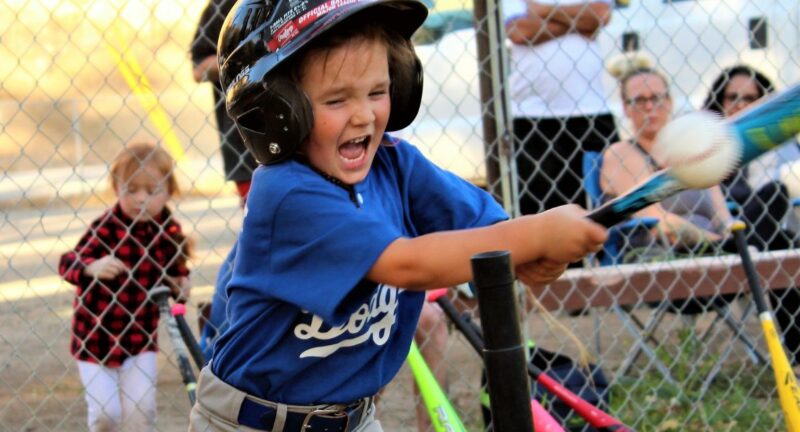Childhood is a time of innocence, wonder, and growth. However, for some individuals, this period may be marred by adverse childhood experiences (ACEs) that can have a lasting impact on their lives. In this blog post, we will explore the world of ACEs, delve into their effects, discuss the importance of addressing and mitigating the consequences of childhood trauma, and explore strategies for building resilience in children.




